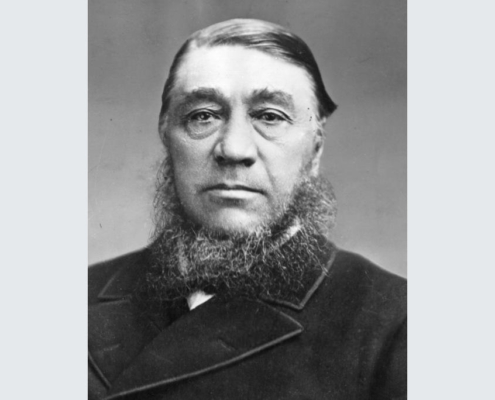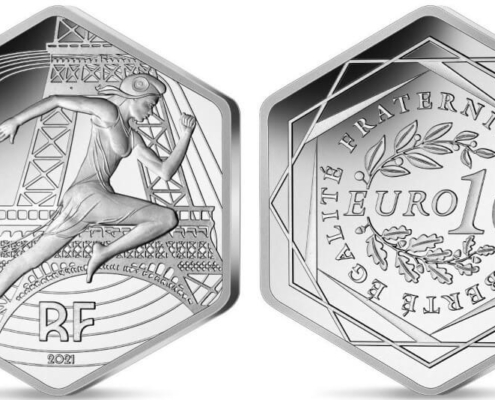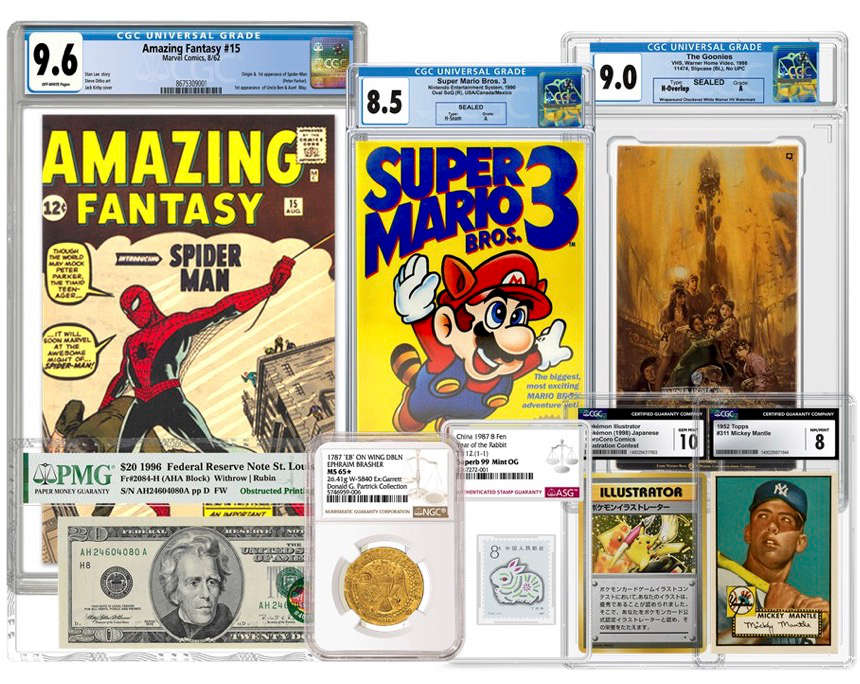Archive: People and Markets
New CCG Office will open in Dubai 2024
The Certified Collectibles Group will open an office in Dubai in 2024. The new office will make it easier for collectors and dealers in the region to submit to NGC, PMG and CGC.
Swissmint Becomes First eCommerce Partner on Coiniverse
The numismatic smartphone application, founded by the mint of Finland and turned into an independent start-up, aims to become a marketplace for mints and coin dealers around the world.
Archive: Coins, Medals and more

Berlin and South Africa – A Time-Honoured Connection
Did you know that the first coins of the Boer Republic came from Berlin? It was quite a challenge to create the dies because the Berlin engraver Otto Schulz had no idea of Boer identity, which is why things almost went wrong…

The French Marianne I: Marianne as a Representative of the French People – Part 2
Marianne represents France as a female national allegory. Gabriele Sturm explores how she is depicted on French coins. Part 2 deals with the period of the 4th and 5th Republics, taking us to the present.










100-Euro Gold Coins: Loyal Customers of Münze Deutschland Make a Bargain
Buying gold below the market price? Under normal circumstances, that’s not possible – the only exception is placing an order with the German Mint before the gold price skyrockets. As in previous years, customers of the official sales office can look forward to a substantial return.
Peter K. Tompa Appointed as New IAPN Executive Director
The International Association of Professional Numismatists (IAPN) has a new Executive Director: Peter K. Tompa succeeds Jean-Luc Van der Schueren.